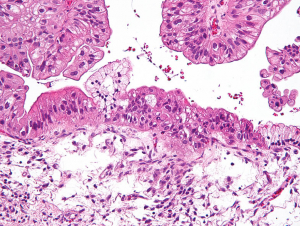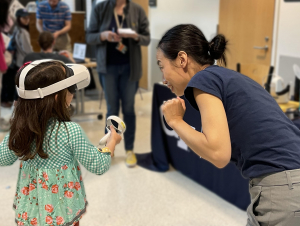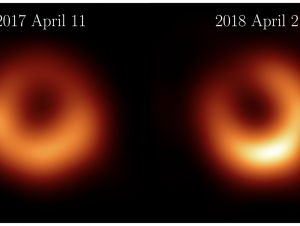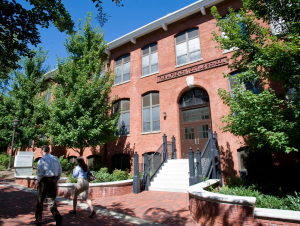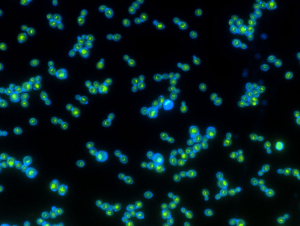To request a media interview, please reach out to experts using the faculty directories for each of our six schools, or contact Jess Hunt-Ralston, College of Sciences communications director. A list of faculty experts is also available to journalists upon request.
Latest News
A regional consortium led by the Georgia Institute of Technology, the University of Georgia, and Georgia State University, in collaboration with the Georgia Mining Association, will host an inaugural workshop on Georgia partnerships for Essential Minerals (GEMs).
The Georgia Tech Integrated Cancer Research Center has combined machine learning with information on blood metabolites to develop a new early diagnostic test that detects ovarian cancer with 93 percent accuracy. The team’s results are detailed in the medical journal Gynecologic Oncology.
Whether you’re a seasoned scientist or STEM-curious, the annual Atlanta Science Festival is the place for you. Hosting over 150 science-themed events across the metro Atlanta area over three weeks this March, we’re taking a look at how you can be part of this year’s festival.
The Event Horizon Telescope (EHT) Collaboration has released new images of M87*, the supermassive black hole at the center of the galaxy Messier 87, using data from observations taken in April 2018.
Ascend, a new career development program for mid-career faculty, launched its cohort for Spring 2024. Supported by the Office of Faculty Professional Development, Ascend cohort members include academic professionals and lecturers from across campus.
Researchers in Georgia Tech’s School of Biological Sciences have engineered one of the world's first yeast cells able to turn light into usable metabolic energy, giving a glimpse into how this trait may have been passed between organisms across evolution — and how it could be synthesized to advance our understanding of biofuel production and cellular aging.


